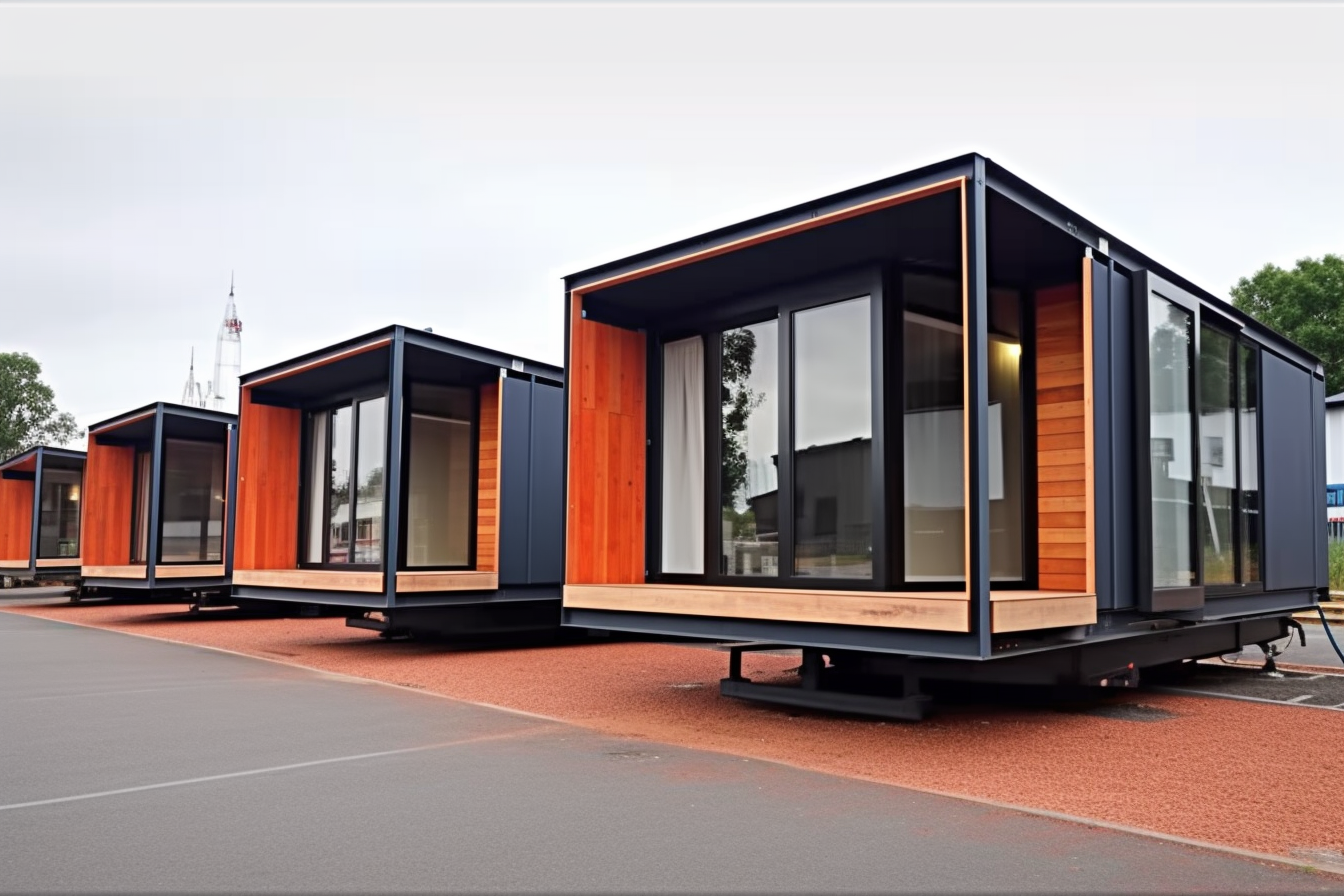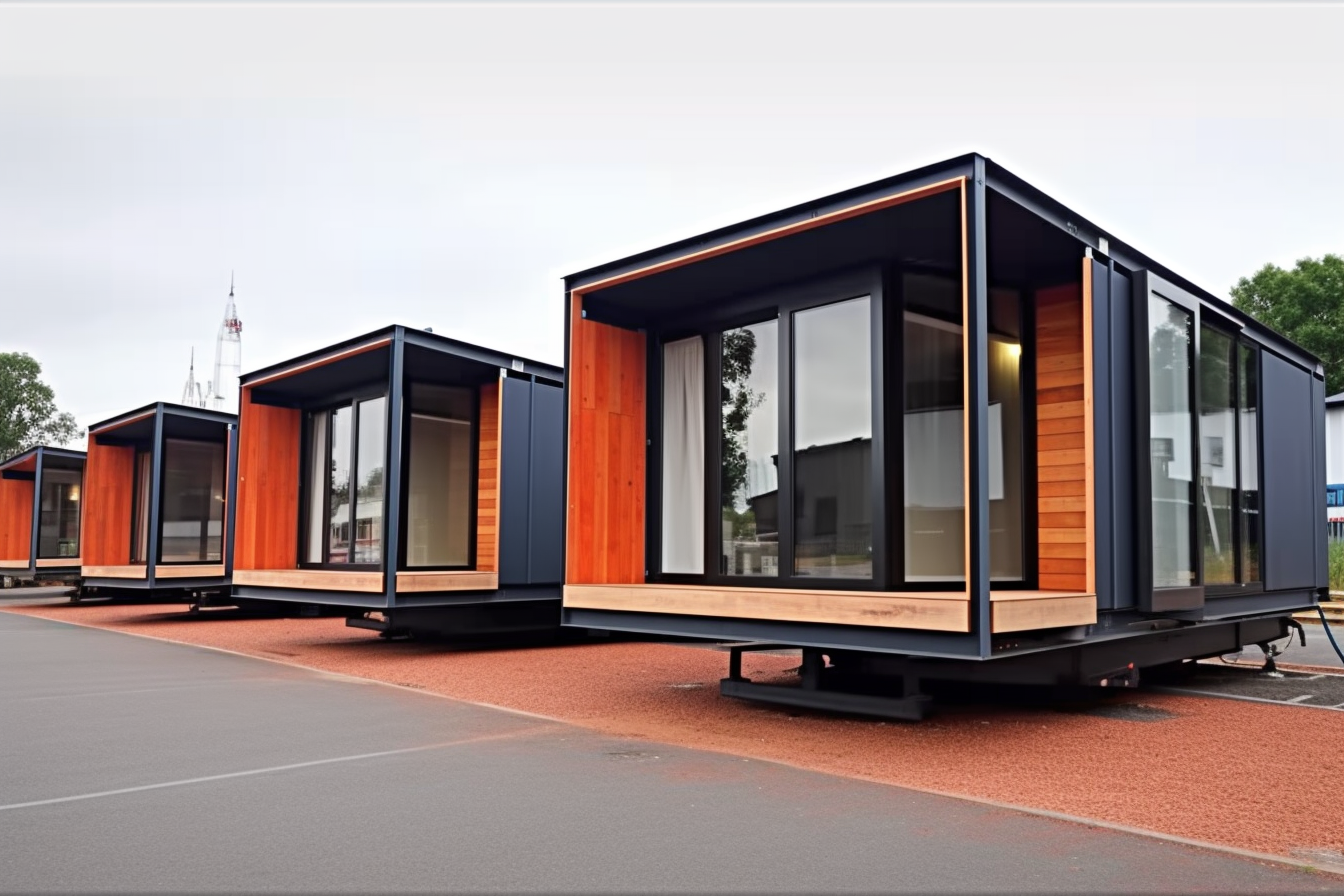10kWh power storage – ideal for single-family homes
Residential energy storage solutions are transforming single-family homes across the UK by integrating renewable technology for reduced energy costs and environmental impact. When matched with solar panels, these systems offer immediate savings and carbon emission reductions while supporting governmental net-zero goals. Learn about storage benefits, innovative products, and how they align with national sustainability efforts.

How Do Residential Energy Storage Solutions Work in UK Homes?
Residential energy storage solutions for single-family homes in the UK operate by storing electricity during periods of low demand or when renewable energy generation exceeds consumption. These systems typically consist of lithium-ion batteries, an inverter, and intelligent management software that automatically optimises charging and discharging cycles.
A 10kWh system can power essential household appliances for several hours during blackouts, including refrigeration, lighting, and heating systems. During normal operation, the battery charges during off-peak hours when electricity rates are lower, then discharges during peak periods when grid electricity costs more. This load-shifting capability can result in substantial savings on monthly electricity bills, particularly for households on time-of-use tariffs.
Modern battery systems integrate seamlessly with existing home electrical infrastructure, requiring minimal modifications. Smart technology ensures optimal performance by learning household consumption patterns and automatically adjusting storage strategies to maximise efficiency and savings.
What Are the Benefits of Combining Batteries with Solar Panels?
The advantages of pairing batteries with solar panels create a comprehensive energy solution that maximises both environmental and financial benefits. Solar panels generate electricity during daylight hours, often producing more power than households immediately consume. Without battery storage, excess solar energy returns to the grid at relatively low feed-in tariff rates.
Battery storage captures surplus solar generation, storing it for use during evening hours when solar panels are inactive but household energy demand typically peaks. This self-consumption approach significantly increases the value derived from solar installations, often improving return on investment by 20-30% compared to solar-only systems.
Additionally, solar-battery combinations provide enhanced energy security during grid outages. While grid-tied solar systems shut down during power cuts for safety reasons, battery-backed systems can maintain power to essential circuits, ensuring continuous operation of critical appliances.
Which Companies Provide Battery Storage Solutions in the UK?
Innovative solutions from leading providers have made residential battery storage increasingly accessible across the UK market. Established manufacturers like Tesla, LG Chem, and Sonnen offer proven lithium-ion solutions with warranties extending up to 10 years. These companies have developed sophisticated battery management systems that optimise performance while protecting long-term battery health.
British companies such as Moixa and Powervault have emerged as significant players, designing systems specifically for UK homes and energy market conditions. Their solutions often include advanced software that integrates with UK-specific tariff structures and grid services, potentially generating additional income through grid balancing programmes.
Installation and maintenance services are provided through networks of certified installers who ensure compliance with UK electrical standards and MCS certification requirements. Many providers offer comprehensive packages including design, installation, commissioning, and ongoing monitoring services.
| Provider | System Size | Estimated Cost | Key Features |
|---|---|---|---|
| Tesla Powerwall 2 | 13.5kWh | £8,000-£10,000 | Integrated inverter, weather-resistant |
| LG Chem RESU | 9.8kWh | £6,500-£8,500 | Compact design, high efficiency |
| Sonnen eco | 10kWh | £9,000-£12,000 | German engineering, smart grid ready |
| Powervault P4 | 8kWh-20kWh | £7,000-£15,000 | Modular system, British designed |
Prices, rates, or cost estimates mentioned in this article are based on the latest available information but may change over time. Independent research is advised before making financial decisions.
What Financial and Environmental Returns Can Homeowners Expect?
Long-term financial and environmental benefits make 10kWh battery systems attractive investments for UK homeowners. Financially, typical payback periods range from 8-12 years, depending on electricity usage patterns, tariff structures, and whether solar panels are included. Households with high evening electricity consumption or electric vehicle charging requirements often achieve shorter payback periods.
Environmental benefits include reduced reliance on grid electricity, which in the UK still partly depends on fossil fuel generation. A 10kWh battery system paired with solar panels can eliminate approximately 2-3 tonnes of CO2 emissions annually for average households. This reduction is equivalent to taking a car off the road for several thousand miles per year.
Battery systems also contribute to grid stability by reducing peak demand, helping defer expensive grid infrastructure upgrades. Some battery owners participate in grid services programmes, earning additional income by providing grid balancing services during periods of high demand.
How Does Battery Storage Support the UK’s Environmental Goals?
The role of battery storage in the UK’s net-zero mission extends beyond individual household benefits to support broader decarbonisation objectives. Distributed battery storage helps integrate higher levels of renewable energy into the grid by smoothing out the intermittent nature of wind and solar generation.
Government incentives, including VAT reductions on battery storage systems installed with solar panels, demonstrate official recognition of their importance in achieving net-zero targets. The UK’s Clean Growth Strategy specifically identifies battery storage as crucial infrastructure for supporting renewable energy expansion.
Large-scale deployment of residential battery storage creates virtual power plants that can respond rapidly to grid needs, reducing reliance on fossil fuel peaking plants. This distributed approach enhances grid resilience while supporting the transition to renewable energy sources.
Battery storage systems represent a practical step towards energy independence while contributing to national environmental objectives. For single-family homes, a 10kWh system offers an optimal balance of capacity, cost-effectiveness, and environmental impact, making it an increasingly popular choice for UK homeowners committed to sustainable energy solutions.




